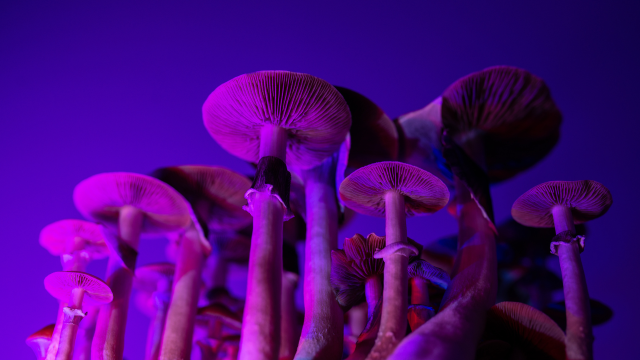Swinburne University is getting ready to kick off the biggest trial using psychedelics to treat depression ever in Australia, after signing a $5 million research agreement with Woke Pharmaceuticals.
Psychedelics have been legalised in some parts of the world for therapeutic use, in particular in U.S. states Colorado and Oregon, but also in the Bahamas (and are decriminalised in many other countries around the world).
The drug classification is also commonly referred to as hallucinogenic and is capable of producing changes in perception, mood and cognitive processes, according to the Alcohol and Drug Foundation. Psychedelics aren’t legal in Australia, but the CSIRO has been working on medicinal psychedelics since May 2022.
The medicinal argument for psychedelics isn’t being ignored by researchers, especially in rewiring the brains of people with depression. Studies have shown for years that the active ingredient in psychedelics (psilocybin) could be used to produce a noticeable change in the brain patterns of people with depression.
And this new study will explore that same active ingredient, in testing against treatment-resistant depression.
“This trial will inform the further development and potential registration of WP002 psilocybin-assisted psychotherapy as an effective treatment approach for patients living with this debilitating condition. In addition, the trial will investigate the potential economic benefits to the healthcare system and society from durable remission of depression,” CEO and director of Woke Pharmaceuticals Nick Woolf said.
About 160 patients will participate in the randomised trial. One group will be given psilocybin-assisted psychotherapy, while the other group will receive a placebo, in an attempt to observe potential changes.
The drug given to the control group will be administered via a tablet. Enrollment for the study will open in mid-2023, with Swinburne University working with Monash University and the University of Tasmania to test the drug.
“Psychedelics could transform the landscape of treatments for many psychiatric disorders, including major depression,” lead researcher Professor Susan Rossell said.
“The initial positive findings from the literature need to be pursued with large real-world trials, like the one we are conducting. Exploring the effectiveness of two or three dosing sessions will provide critical data on the sustainability of benefit and effective real-world treatment regimens of psilocybin-assisted psychotherapy for those with treatment-resistant depression.
“We have the opportunity to make a substantial difference and for Australia to lead the way in psychedelics research.”
But of course, we’re not condoning the use of an illicit drug. There are harmful side effects of psychedelics that shouldn’t be ignored.
Though one day we could have more effective medications for conditions like depression, thanks to research like this.
You can read about the psychedelics research trial on the Swinburne University website.
If you’re struggling with drug addiction, contact The National Alcohol and Other Drug Hotline (1800 250 015), or call 000 if you’re in immediate danger.
